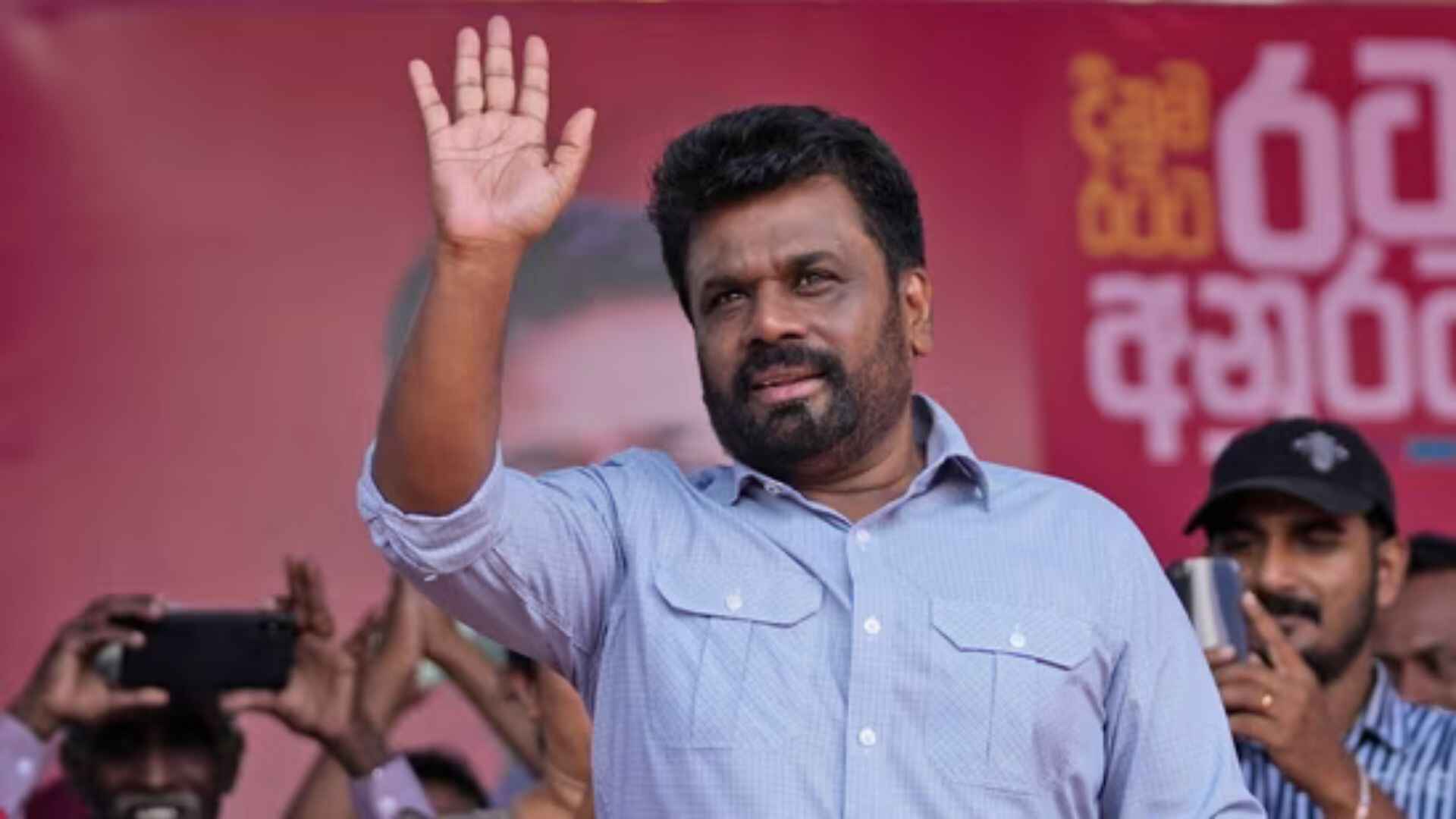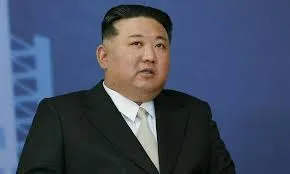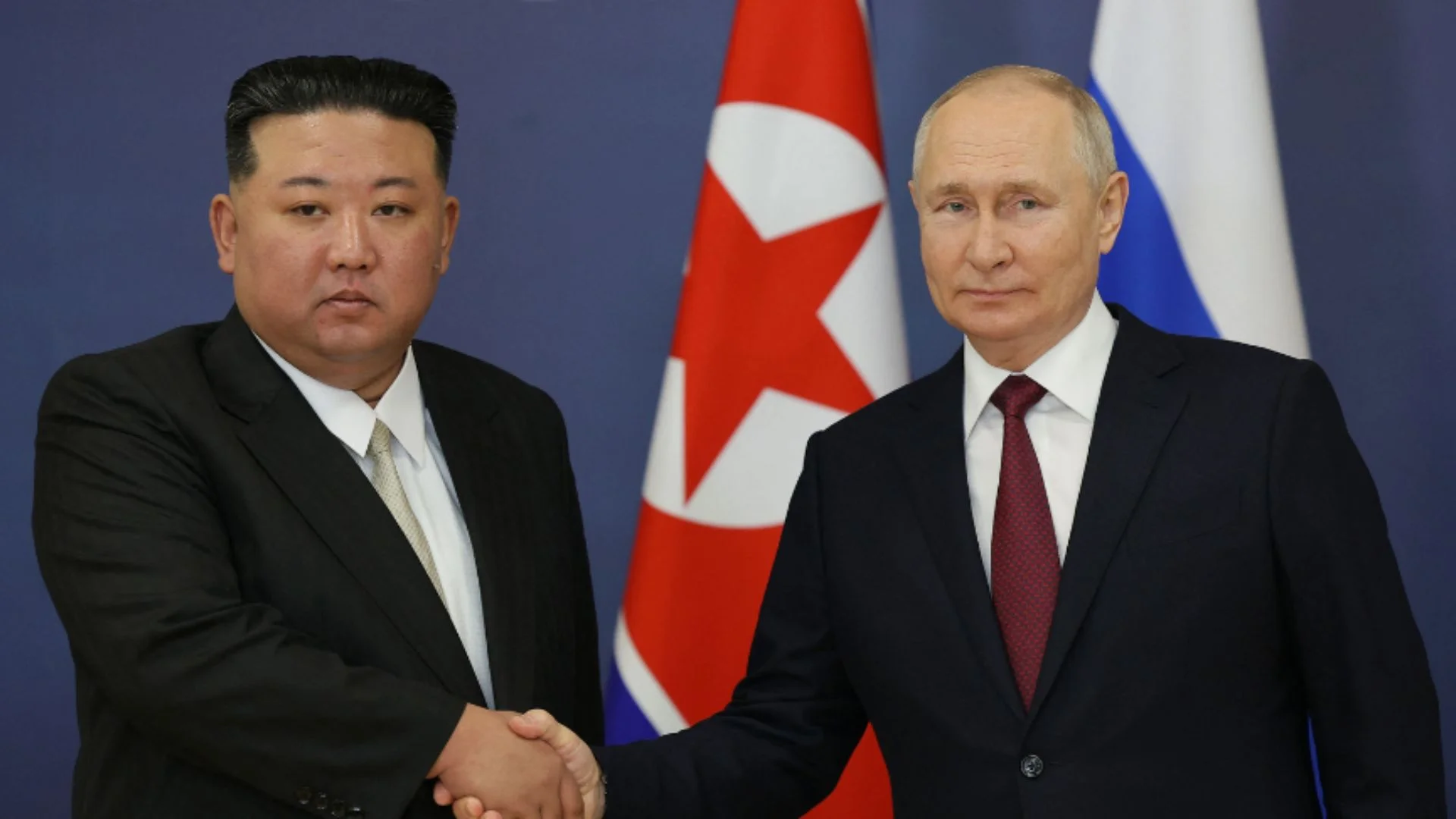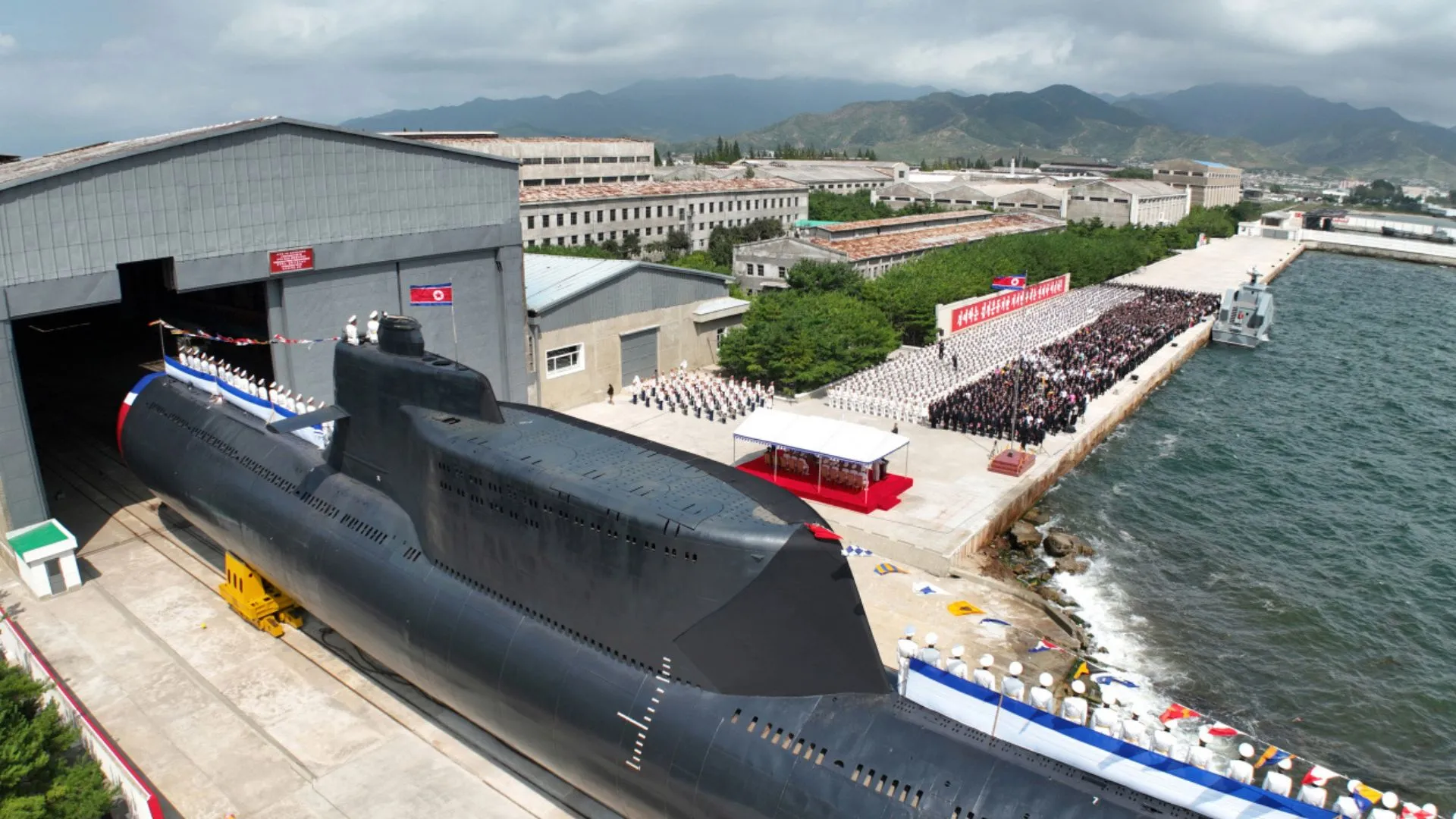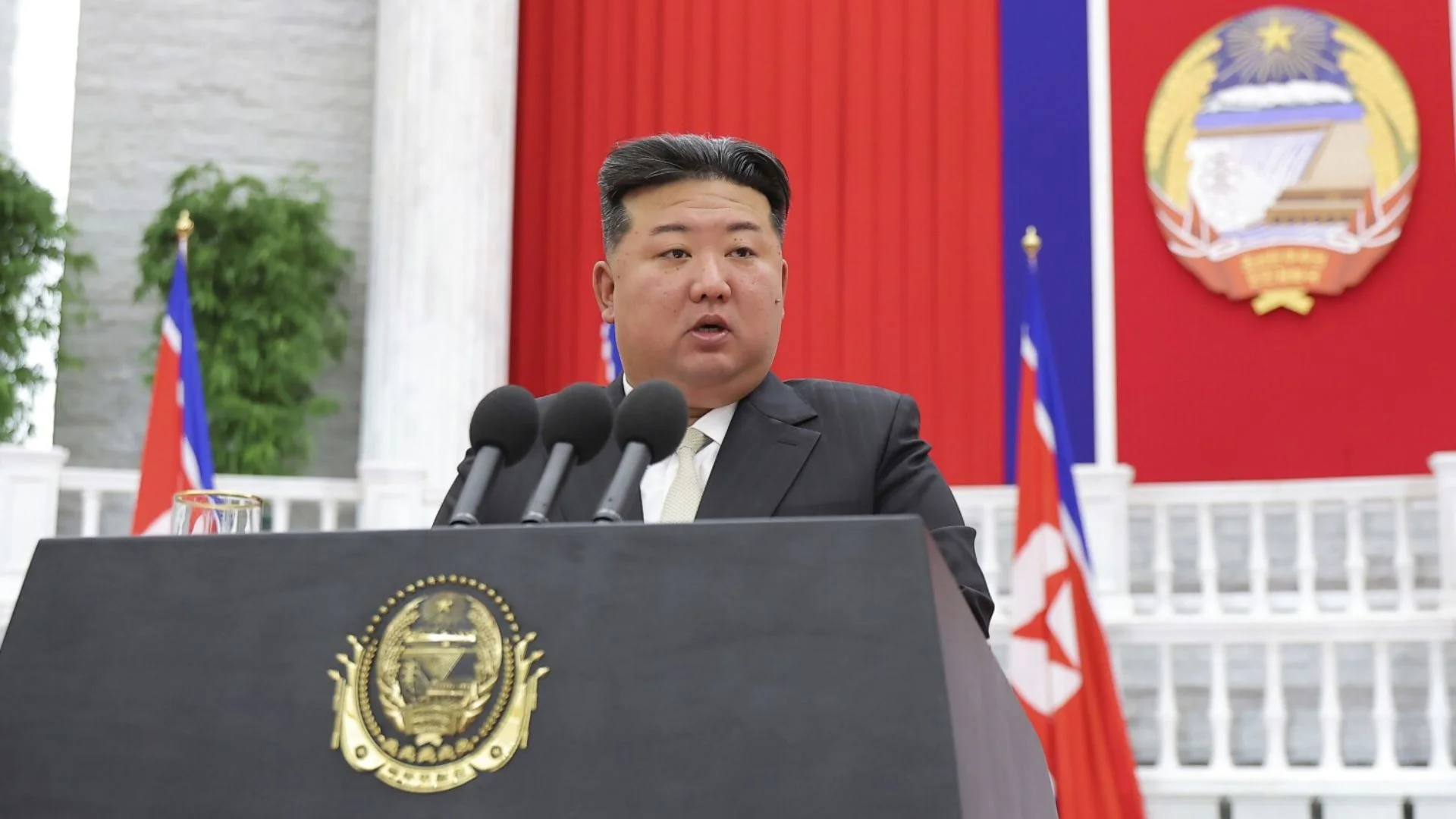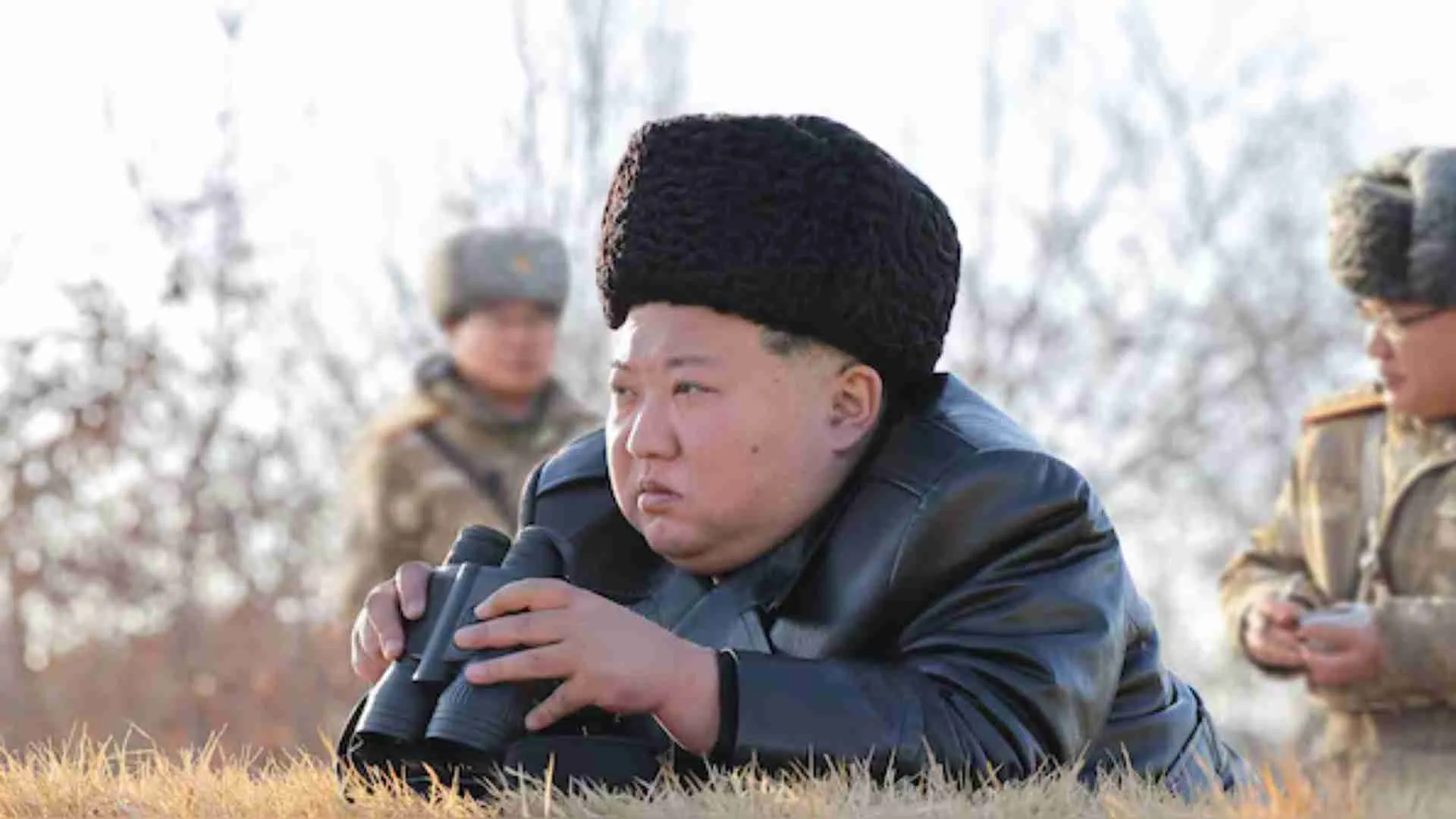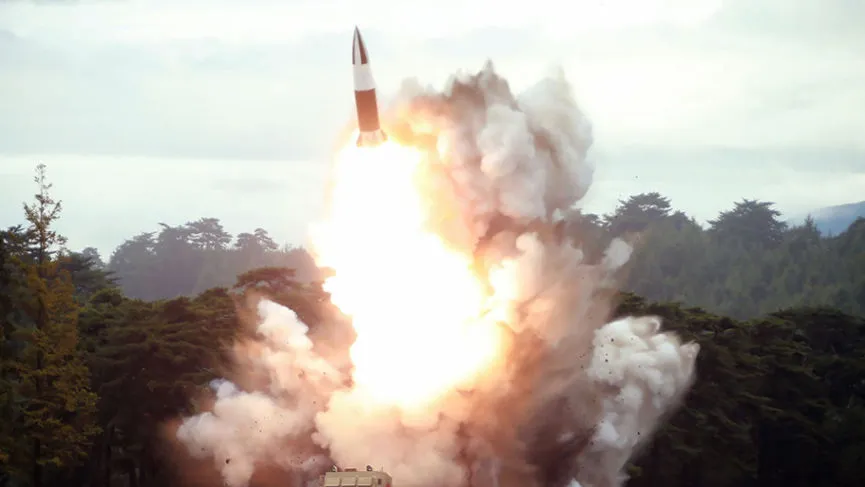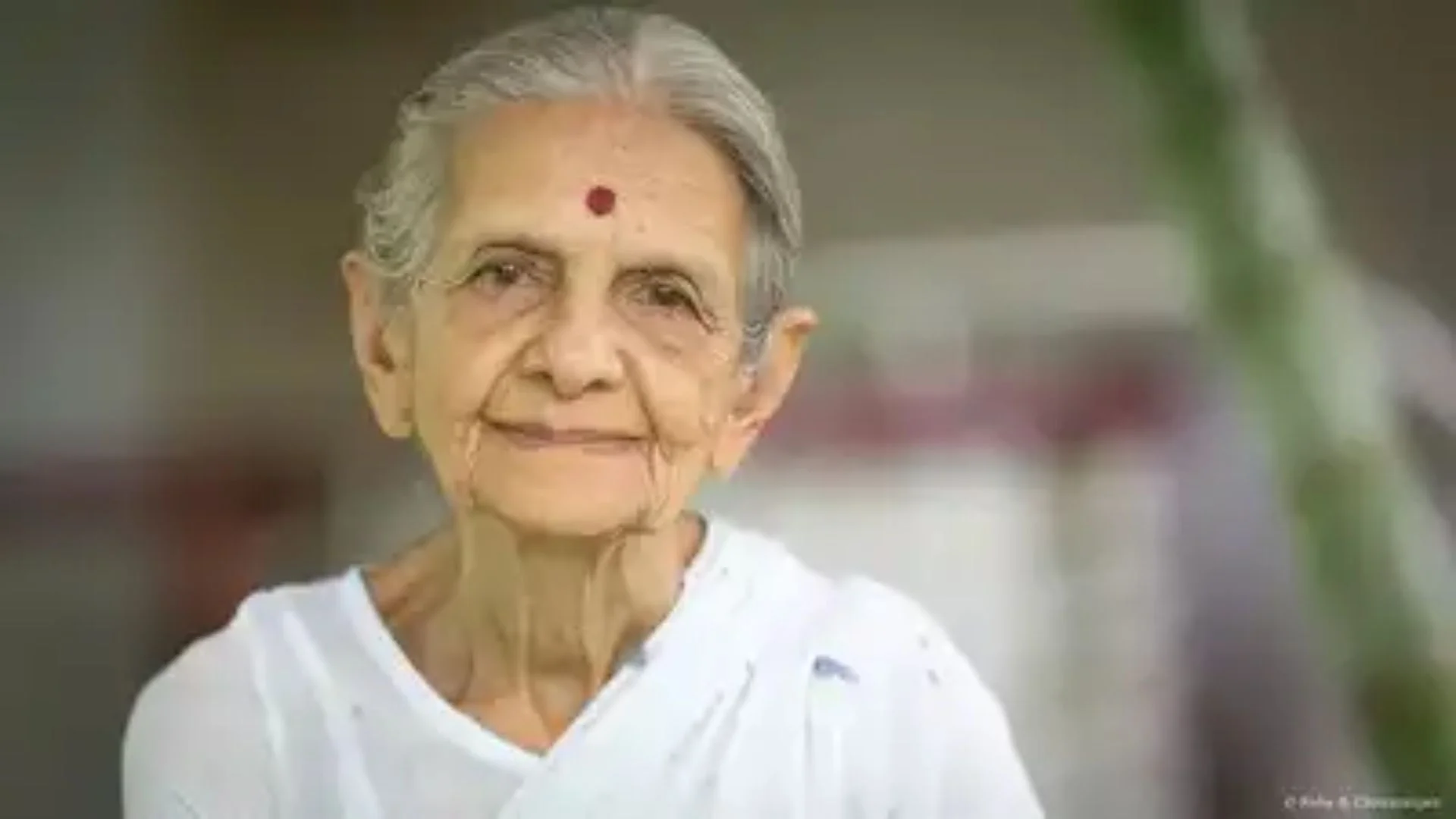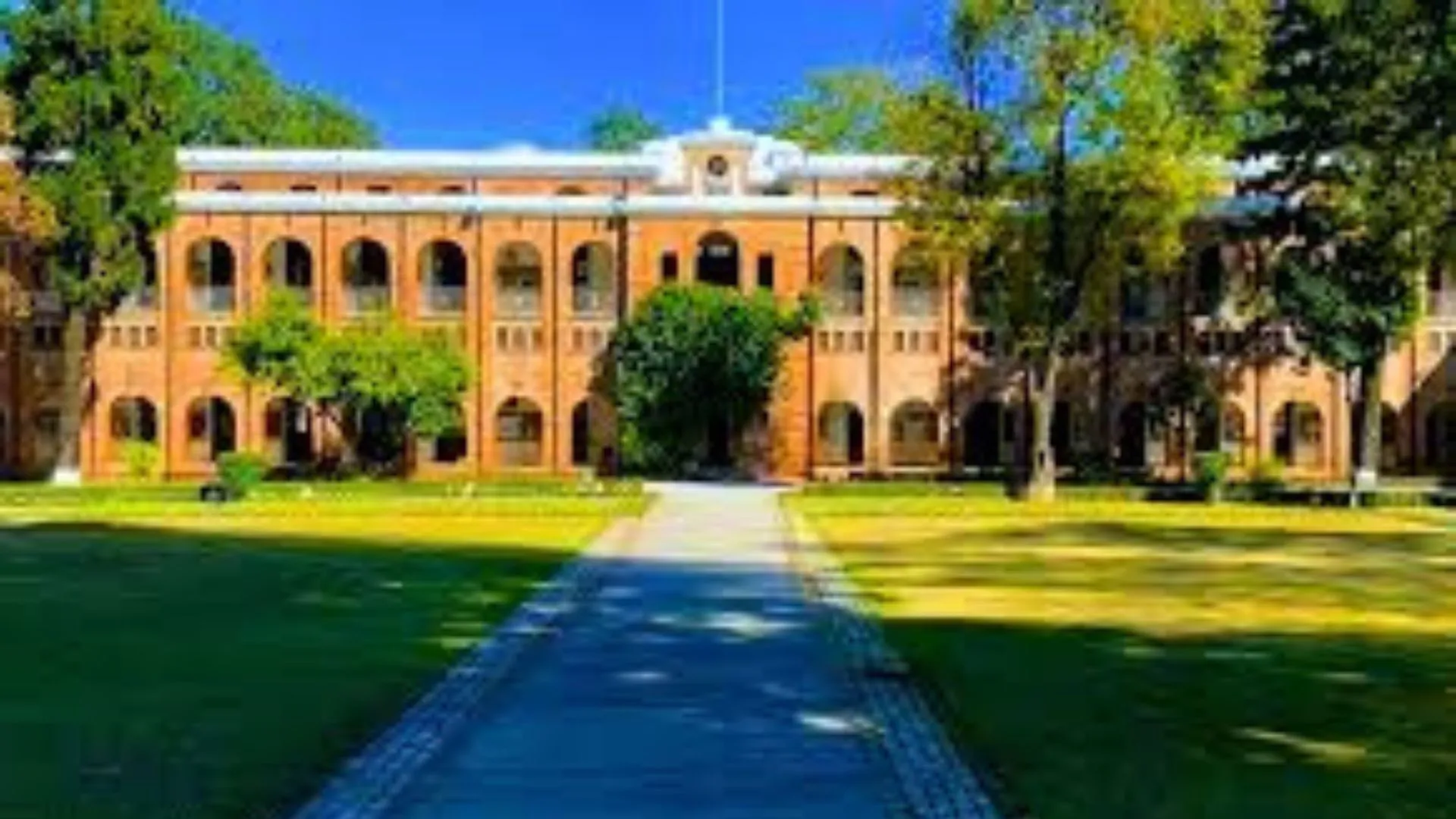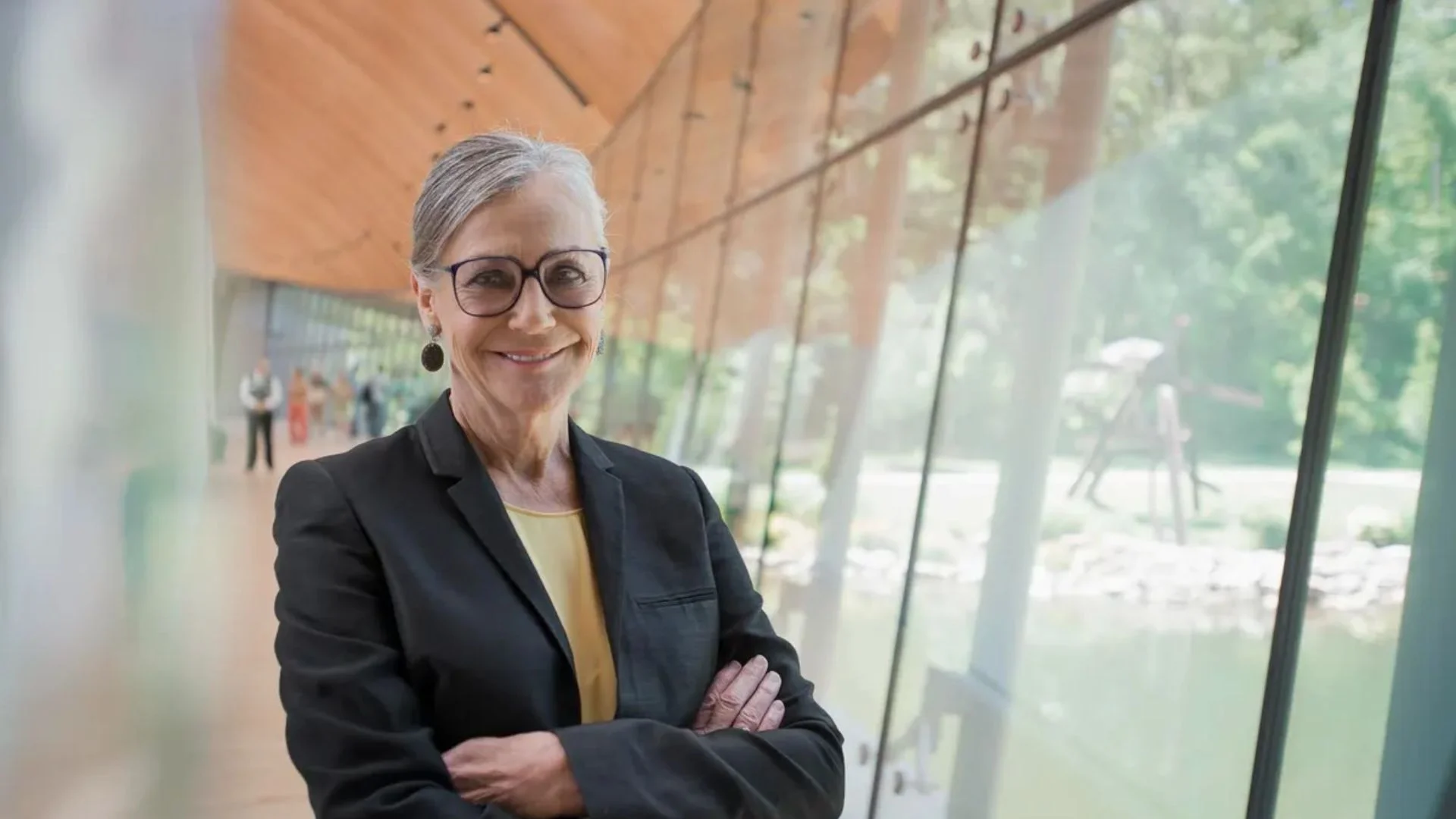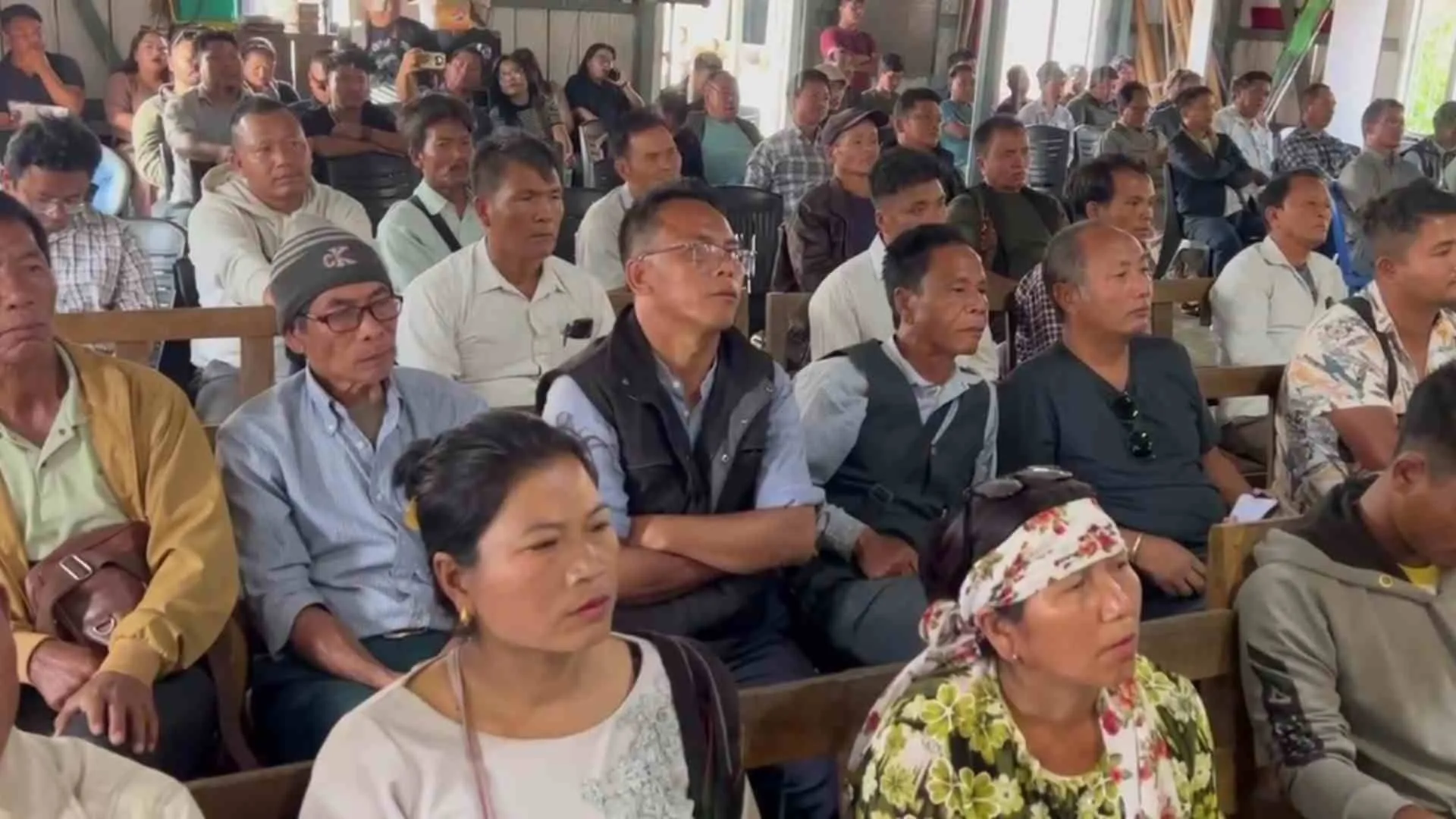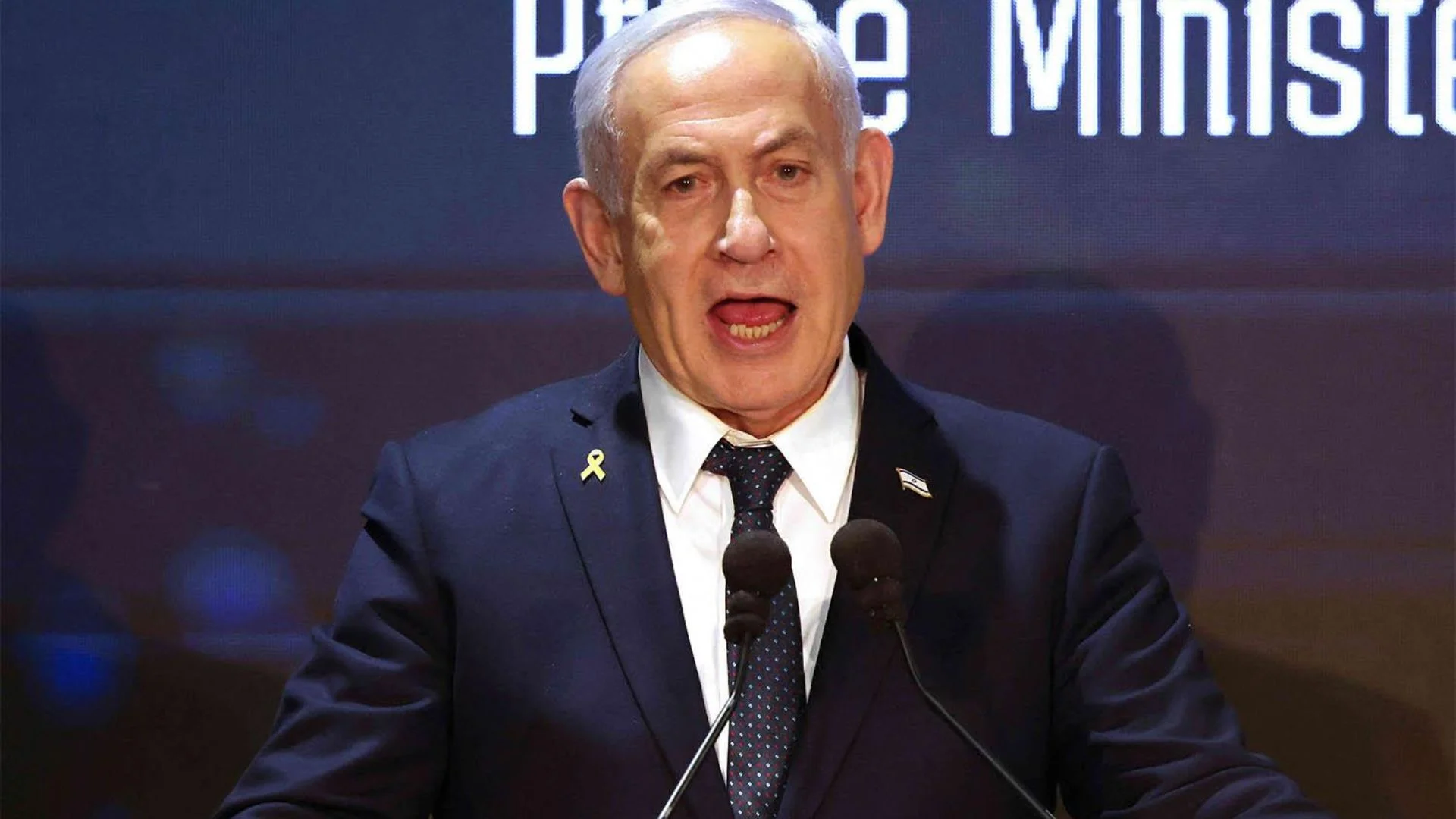Colombo: In a decisive action as Sri Lanka’s newly elected President, leftist leader Anura Kumara Dissanayake has dissolved the country’s Parliament and announced early elections to be held within a month. This move is seen as a step towards fulfilling his campaign promise of breaking the dominance of political dynasties in Sri Lanka.
According to a special gazette notification, the dissolution will take effect at midnight, with new elections scheduled for November 14. The current Parliament, which has not convened since August 2020, was originally set to complete its term in August 2025. However, its tenure will now end 11 months ahead of schedule.
Sri Lanka’s newly elected President, Anura Kumara Dissanayake, has announced snap parliamentary elections to be held on November 14.
Must Read: Jamaat-e-Islami Leader Calls For Nationwide Sit-In To Protest High Electricity Prices In Pakistan
The country, which recently voted in opposition leader Dissanayake, is slowly recovering from its worst economic crisis to date, which struck the South Asian nation in 2020. At that time, millions of Sri Lankans took to the streets in protest against the then-President Gotabaya Rajapaksa, with thousands storming the Presidential palace in Colombo as Rajapaksa fled the country.
Subsequently, then-Prime Minister Ranil Wickremesinghe stepped in, restoring stability to Sri Lanka’s economy and bringing calm to the streets. Last week, the country held its first elections since the economic turmoil, with millions casting their votes in favor of change.
Millions of Sri Lankans voted for change, electing Mr. Anura Kumara Dissanayake as their new President.
A staunch advocate against corruption, Mr. Dissanayake campaigned on a platform promising to tackle corruption, end dynastic politics, strengthen the economy, reduce inflation, and implement significant reforms.
“I pledge to demonstrate dedication to protecting and upholding democracy,” Mr. Dissanayake, 55, stated in his inaugural address at the President’s Office in Colombo, acknowledging that he was assuming office “at a challenging time.”
“Our politics needs to be cleaner, and the people have called for a different political culture,” he said in his first speech as President, emphasizing, “I am ready to commit to that change.”
Mr. Dissanayake contested the election as the candidate for the National People’s Power (NPP) alliance, which also encompasses his Janatha Vimukthi Peramuna (JVP) party. Historically, the JVP has advocated for Marxist economic policies focused on protectionism and state intervention.
Also Read: Kamala Harris More Popular Than Trump Among AAPI Voters: Poll

